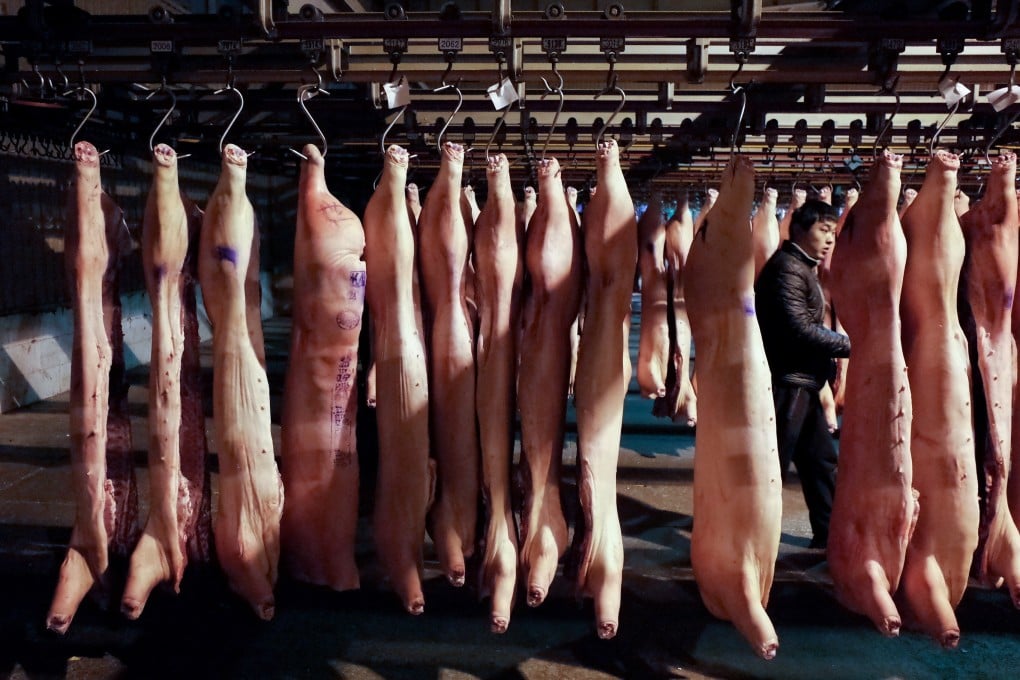China inflation: Beijing ready to tap pork reserves as global price rises hit closer to home
- China’s top economic planning agency says it has tools to reign in pork prices, if needed, while warning it will punish producers for ‘irrational behaviour’
- China’s inflation rate is relatively benign compared to Western countries, but there are fears rising prices for pork, a staple meat, may drive up inflation

China is mulling opening up its strategic pork reserves to curb steady price gains for the staple food, highlighting fears the meat could pull up consumer costs amid worsening global inflation pressure.
Relatively low prices for pork, which has the heaviest weighting among foodstuffs in China’s consumer price index (CPI), are thought to have helped subdue inflation pressure in the world’s No 2 economy. But rising prices since April have put Chinese authorities on alert.
The National Development and Reform Commission, the country’s top economic planning agency, said on Monday it had tools to reign in pork prices, if needed, adding it would punish producers for “irrational behaviour”.
On Monday, the commission pressed a dozen major Chinese hog breeders to slaughter pigs at a regular pace and warned them against hoarding and price rigging.
The warning was issued after China’s hog futures hit their highest level in more than a year last month.